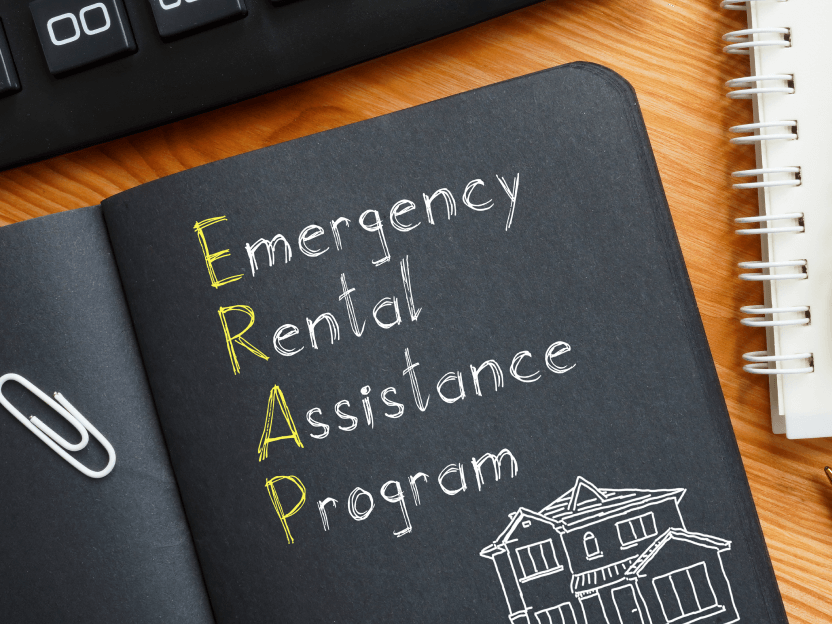
Navigating Emergency Rental Assistance: Your Guide to Getting Help
In times of financial difficulty, the Emergency Rental Assistance Program (ERAP) stands as a crucial support for those struggling to pay rent. This program aims to prevent evictions and combat homelessness by providing urgent financial aid to eligible individuals and families.
What ERAP Does:
ERAP offers immediate financial help to renters experiencing payment challenges, often due to
unforeseen issues like job losses or medical emergencies. The goal is to stabilize housing
situations, ensuring that residents can remain in their homes and prevent the risk of eviction.
Eligibility for ERAP:
- Income Limits: Eligibility often hinges on household income, which must fall
below certain thresholds defined by federal or state guidelines.
- Pandemic Impact: Many ERAPs consider COVID-19-related financial disruptions for
eligibility.
- Rental Arrears and Current Rent: Assistance may cover past due and ongoing
rent.
- Proof of Housing Instability: Applicants might need to demonstrate a risk of
eviction, typically through notices or landlord communications.
Applying for ERAP:
Applications can usually be submitted through local ERAP offices or online. Required documents
typically include proof of income, rental agreements, and, sometimes, communication with landlords.
It's essential for tenants and landlords to work together during the application process, as
payments are often made directly to the latter.
Benefits of ERAP:
- Rent Assistance: ERAP helps clear rent arrears and may support ongoing rent,
preventing evictions.
- Utility Assistance: Some programs also cover essential utility payments, helping
to prevent service disconnections.
- Temporary Relief: Assistance is typically temporary, meant to bridge tenants over
immediate financial gaps.
Getting Help:
Information about ERAP is available through local housing authorities, state housing agencies, and
sometimes federal programs. Tenant advocacy organizations also offer guidance and can assist with
the application process, including legal support if necessary.
ERAP provides a critical service for those in financial distress, helping to maintain housing stability and prevent homelessness. By understanding the details of the program, eligible households can find essential support during challenging times.




